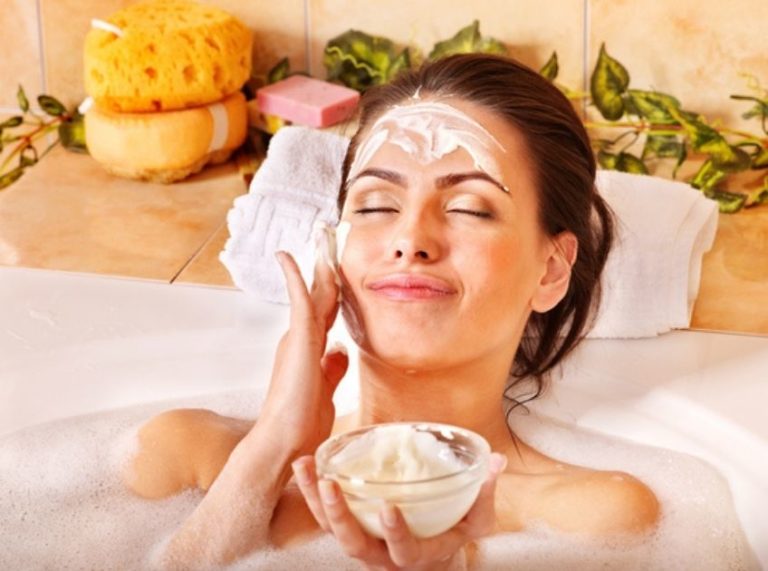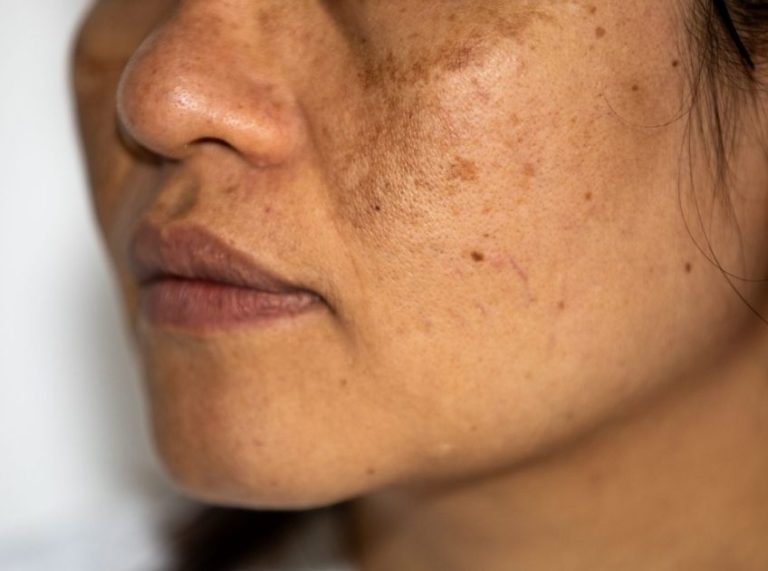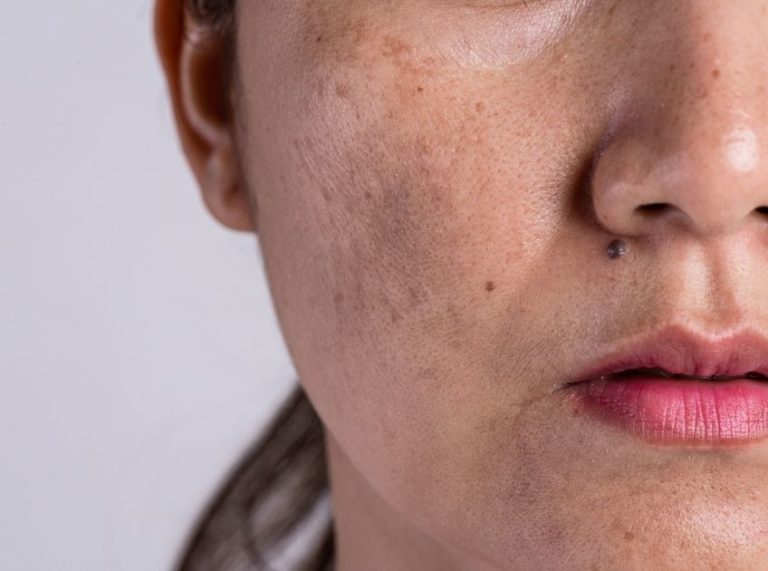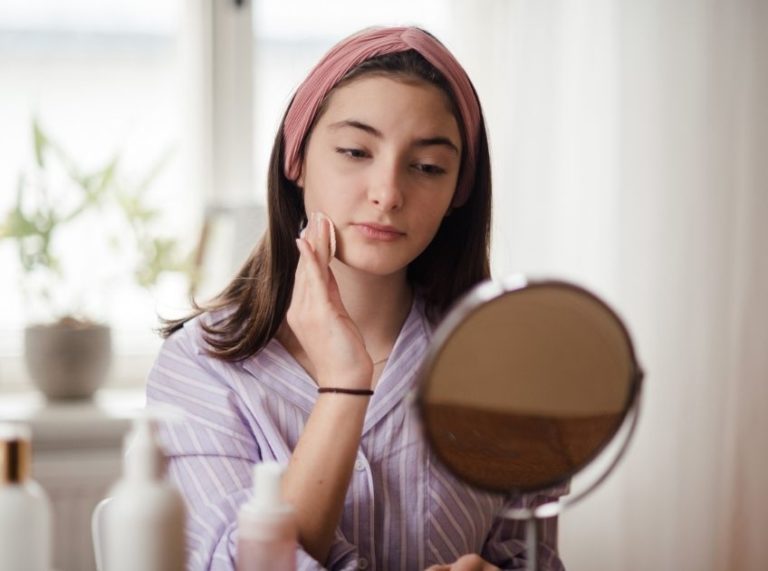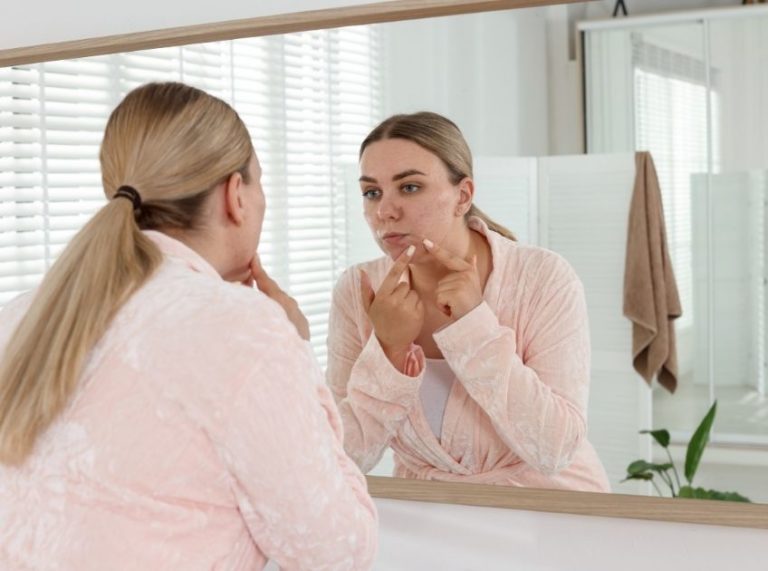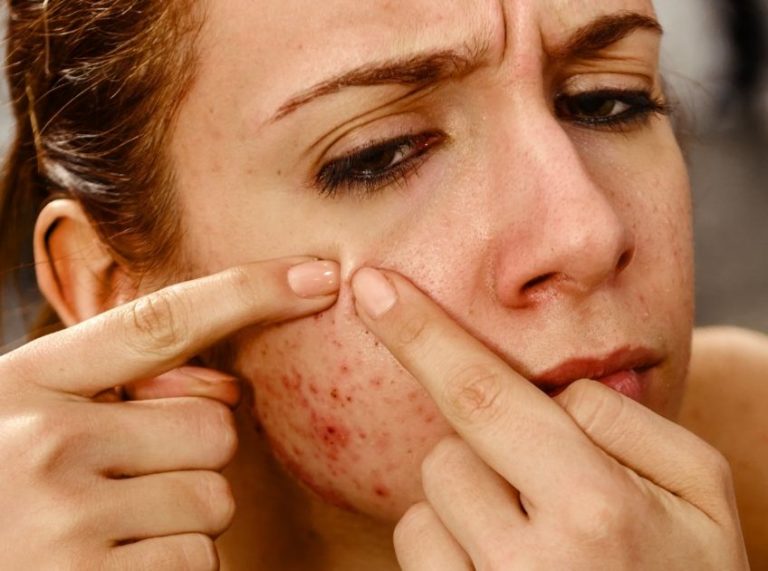
Important: This article is for informational purposes only. Please read our full disclaimer for more details.
Looking for a gentle, natural way to tone, refresh, and hydrate your skin? Rose water might be your perfect match. With its cooling, soothing, and anti-inflammatory effects, it’s a centuries-old beauty secret that still works wonders today.
Homemade rose water ensures purity—free of preservatives, alcohol, and synthetic fragrance. It’s easy to make, cost-effective, and incredibly versatile.
Why Your Skin Will Love Rose Water
Top Benefits of Rose Water in Skincare
- Balances the skin’s natural pH
- Helps control excess oil and tightens pores
- Soothes redness, irritation, and sunburn
- Acts as a mild natural toner for sensitive skin
- Provides lightweight hydration throughout the day
What Makes Rose Water So Powerful?
The Science Behind the Ingredients
- Rosa damascena petals (1) are rich in flavonoids and phenolics, known for their antioxidant and anti-inflammatory properties (2).
- A study published in the Iranian Journal of Basic Medical Sciences notes that rose extracts can help inhibit oxidative stress and reduce skin inflammation (3).
- Its volatile oils offer antibacterial and calming effects, ideal for acne-prone or irritated skin.
When to Rethink Using Rose Water
Is Rose Water Always Safe? Know When to Stop
- If you notice itching, redness, or burning after application, discontinue use immediately.
- Conduct a patch test on your inner arm before first use.
- Avoid if you have a known allergy to roses or floral extracts.
- Store-bought versions with synthetic fragrance can trigger skin issues—DIY is safer.
Customize Your Rose Water Blend
Tweaking the Formula to Suit Your Needs
- Use more petals for a stronger scent or toner effect
- Add a few drops of witch hazel if you have oily skin
- Mix with glycerin or aloe vera for extra hydration
- Try adding green tea or cucumber juice for added antioxidants
Who Should Use Rose Water?
Best Skin Types for Rose Water Use
- Sensitive skin: Soothes irritation without harsh ingredients
- Dry skin: Provides hydration without clogging pores
- Oily/acne-prone skin: Helps balance sebum and reduce inflammation
- Aging skin: Its antioxidants support skin elasticity and tone
Is Rose Water Safe?
Let’s Break Down the Safety Factor
- Yes, when made fresh at home with organic rose petals and clean water
- Store in a sterile, sealed container to avoid contamination
- Keep it refrigerated and use within 7–10 days
- Always do a patch test before full-face application
Best 2 DIY Rose Water Recipes
1. Classic Rose Water by Simmering
A gentle, aromatic method perfect for beginners.
Ingredients:
- 1 cup fresh rose petals (preferably organic)
- 2 cups distilled water
Directions:
- Place petals and water in a saucepan
- Simmer on low heat until petals lose color (15–20 minutes)
- Cool, strain, and store in a glass spray bottle
How to Apply:
- Use as a toner with a cotton pad
- Mist over your face after cleansing
- Mix with face masks for extra benefits
- Apply before moisturizer to lock in hydration
2. Steam Distilled Rose Water
A purer form that captures essential oils naturally.
Ingredients:
- 1 cup rose petals
- Ice cubes
- Heat-safe bowl and pot with lid
Directions:
- Place petals and water in the pot
- Set a bowl in the center to collect condensed water
- Invert the lid and place ice on top to aid condensation
- Simmer gently for 30–40 minutes
- Collect and store the distilled rose water
How to Apply:
- Use daily as a skin-refreshing mist
- Mix with glycerin for a natural serum
- Add to clay masks for skin calming
- Use as a makeup setting spray
Frequently Asked Questions (FAQ’S)
1. Can I use dried rose petals instead of fresh ones?
A. Yes, but make sure they are food-grade and unsprayed. Soak them longer to extract the full benefits.
2. How long does homemade rose water last?
A. If refrigerated, use within 7–10 days. Without preservatives, it’s best kept cool and fresh.
3. Can rose water help with acne?
A. Yes. Its antibacterial and anti-inflammatory properties can calm breakouts and reduce redness.
Final Thoughts
Making rose water at home is simple, soothing, and skin-friendly. It helps your skin feel balanced, fresh, and naturally glowing. By skipping chemicals and embracing this gentle DIY, you’re treating your skin with pure care. Experiment with recipes, find your perfect blend, and enjoy nature’s skincare gift.
